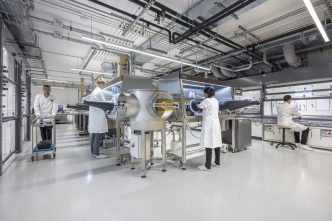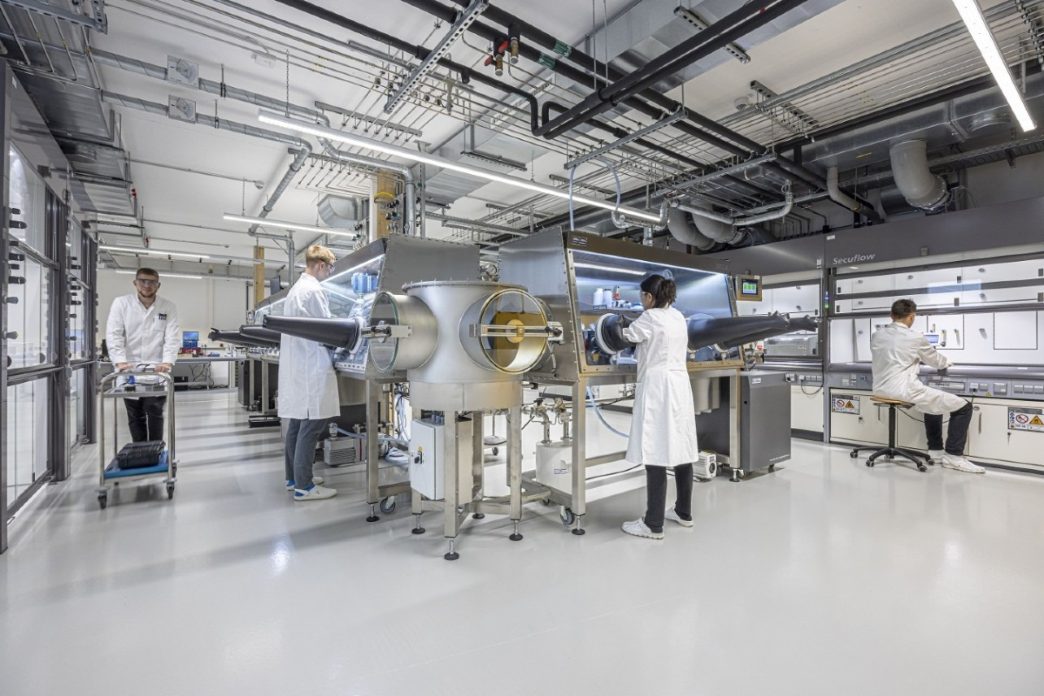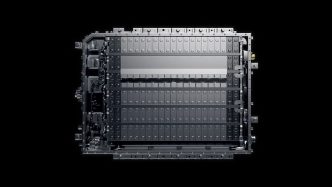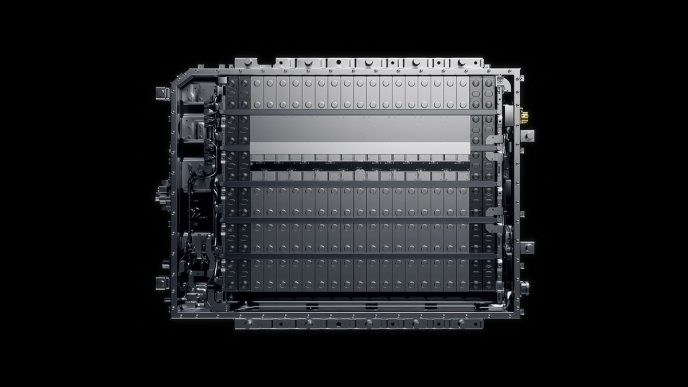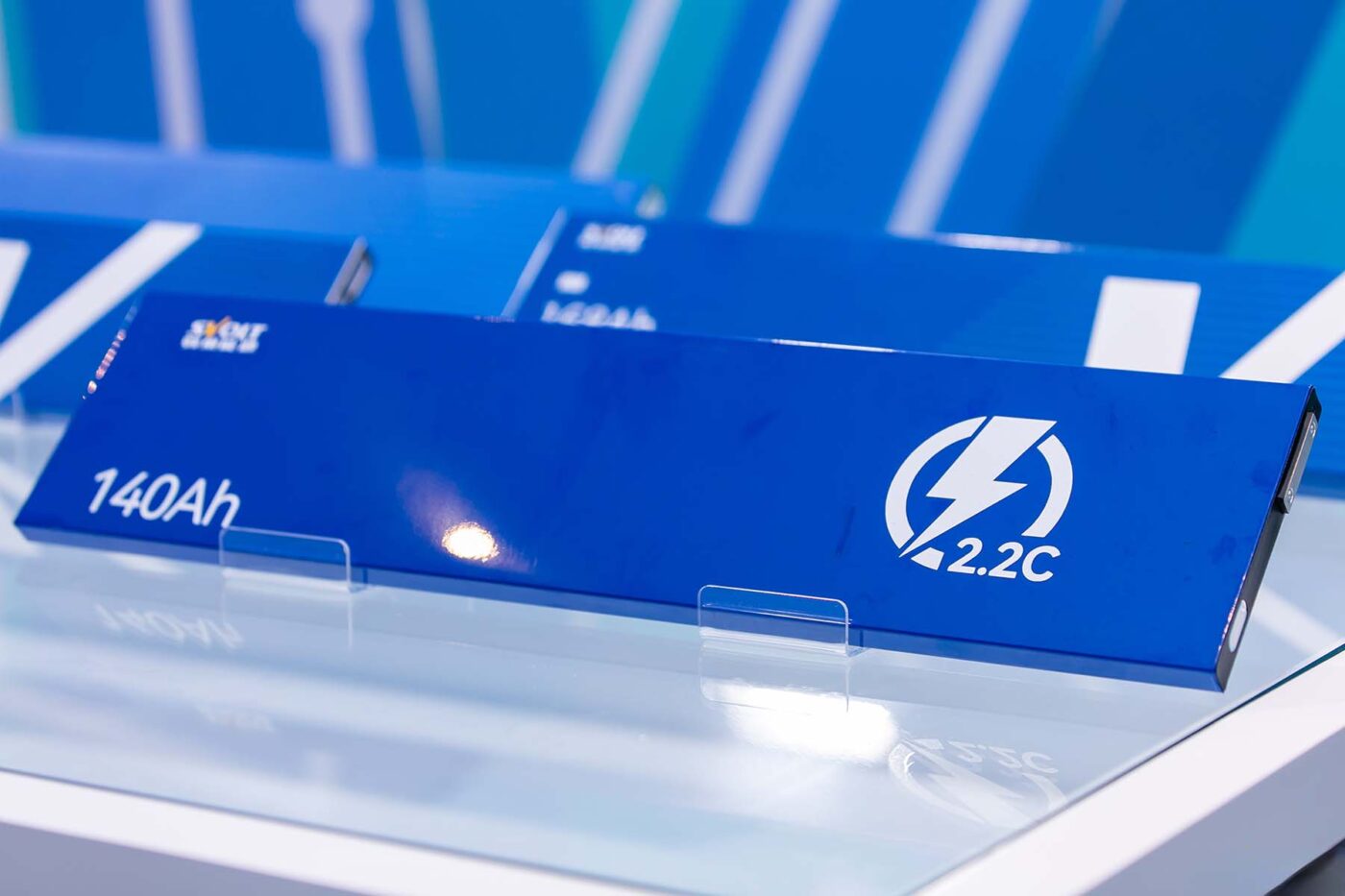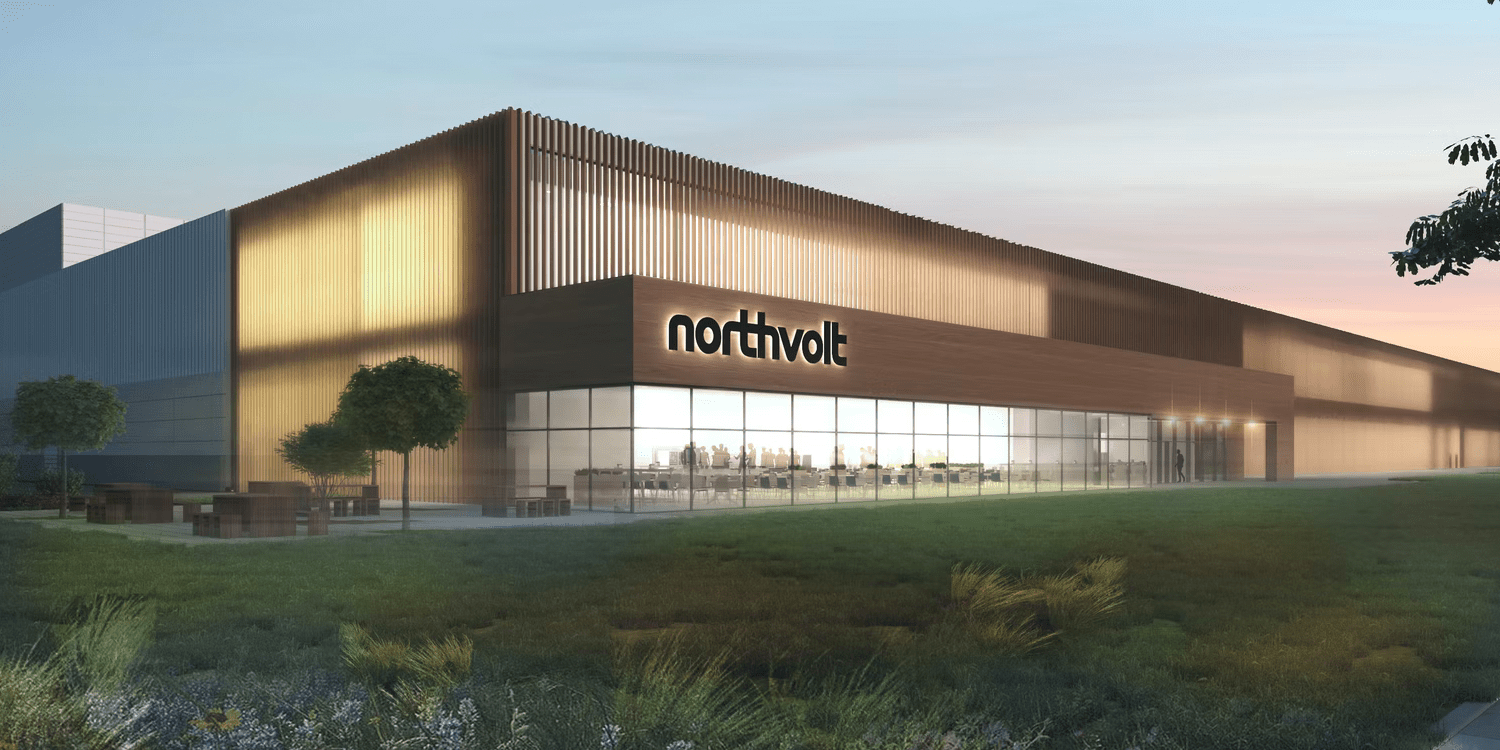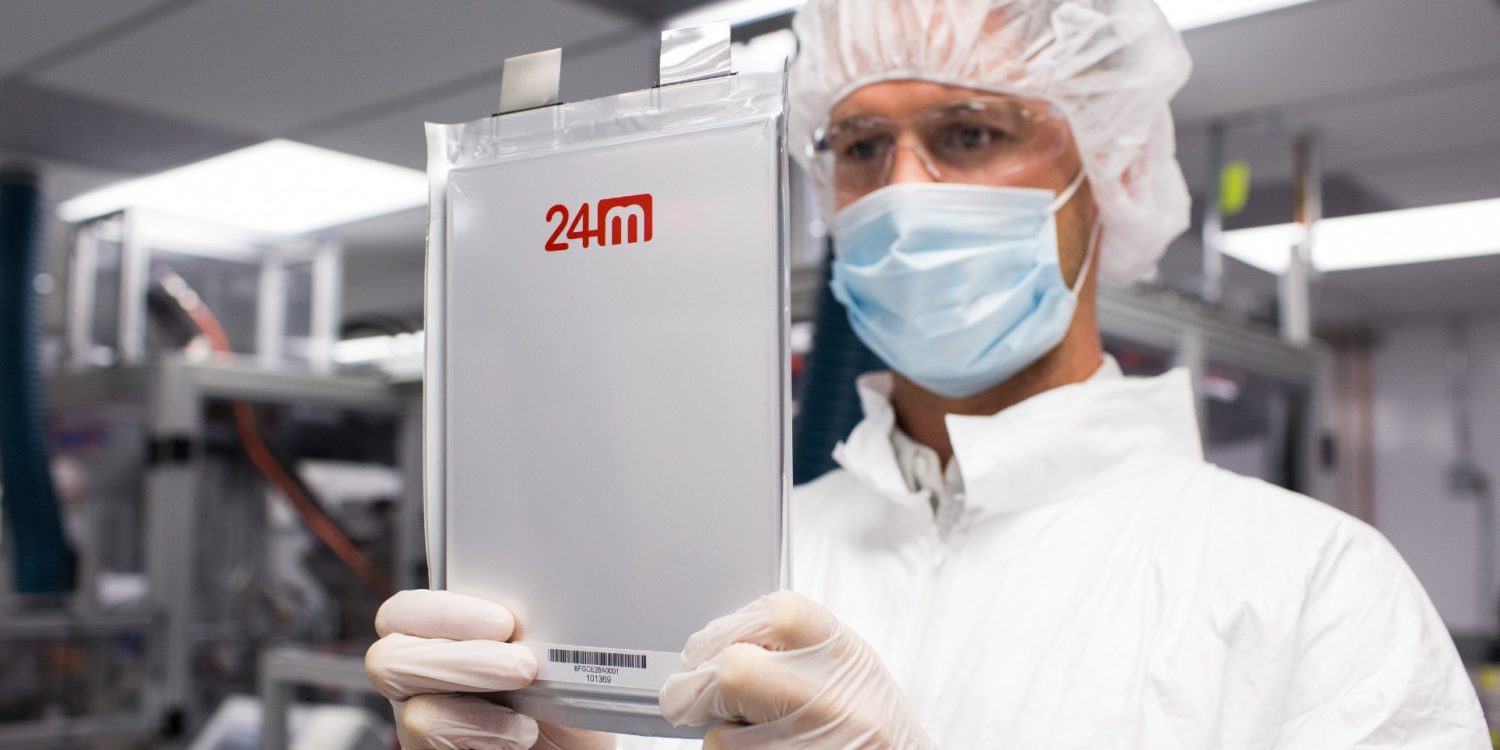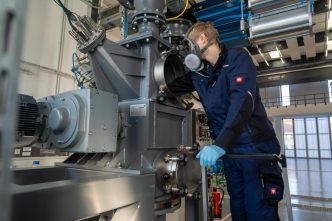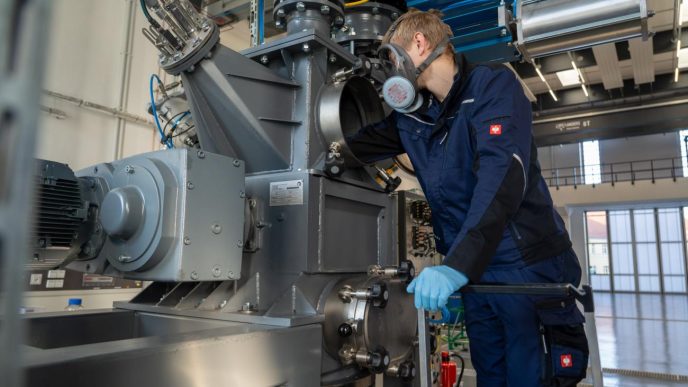The Fraunhofer Institute for Solar Energy Systems ISE has inaugurated a new battery research centre located in the Haid industrial park of Freiburg, south-west Germany. The centre will focus on enhancing the sustainability, safety, and performance of battery storage systems, addressing key challenges in the evolving battery technology landscape.
Spanning over 3,700 square metres, the Centre for Electrical Energy Storage will facilitate research into innovative battery materials and cells. The facility aims to develop optimized solutions for various battery systems, promote their integration into diverse applications, and conduct comprehensive quality assurance tests on batteries. This initiative is part of Fraunhofer ISE’s long-standing commitment to researching the entire battery value chain.
The new centre is designed to offer development and testing services for a wide range of clients, including material and battery manufacturers, machine builders, integrators, and operators in sectors such as electromobility and stationary storage systems. Additionally, Fraunhofer ISE collaborates with industrial partners on battery recycling and the second-life utilization of used batteries, focusing on sustainable practices within the industry.
The building itself functions as a “living lab” for research activities. As part of the Haid-Power project, which received funding of three million euros from the state of Baden-Württemberg, the centre has installed a modular hybrid battery storage system with a capacity of 836 kWh. This system works in conjunction with an 850-kilowatt photovoltaic array on the roof, providing energy to the building. The centre will utilize this setup to test battery-based solutions for commercial and industrial applications under real operating conditions.
The establishment of the centre was supported by funding from the Federal Ministry of Education and Research and the Baden-Württemberg Ministry of Economic Affairs, Labour and Tourism, each contributing nine million euros. Institute Director Professor Hans-Martin Henning expressed gratitude for this funding, highlighting that it has enabled the creation of a research infrastructure equipped with state-of-the-art characterization instruments and industry-oriented process equipment.
However, the impact of potential reductions in federal funding for battery research on the newly opened facility remains uncertain, as indicated in the accompanying press release from the Fraunhofer-Gesellschaft.

